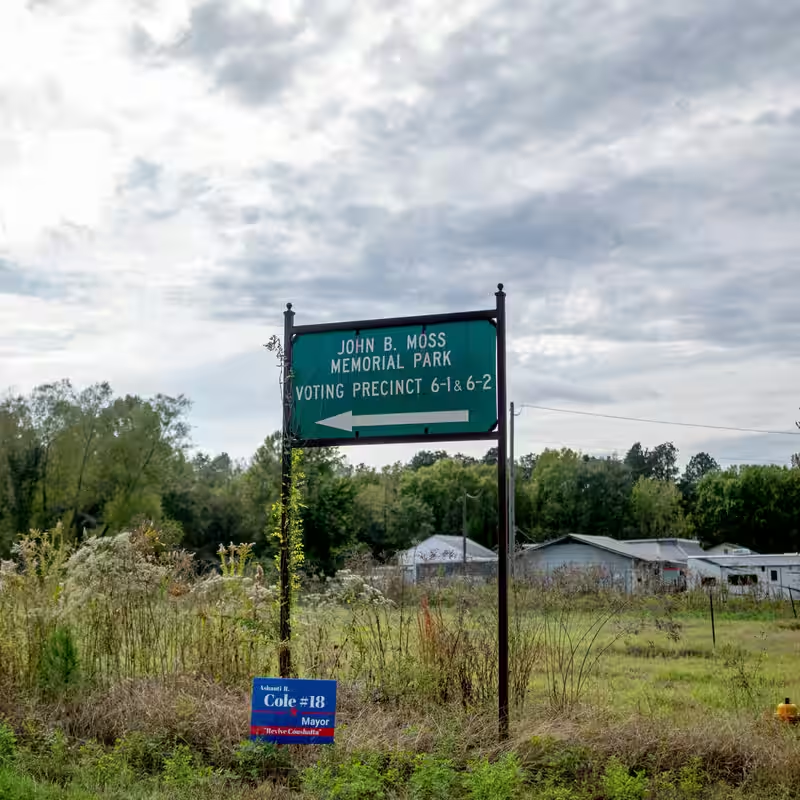Table of Contents
- The Anonymous Plaintiffs
- The Case That Could Reshape Voting Rights
- Behind the Scenes: Lawyers and Strategy
- Voices from Louisiana
- Why This Case Matters
- Sources
The Anonymous Plaintiffs
Twelve Louisiana voters are at the center of a landmark Supreme Court case that could dramatically alter the future of the Voting Rights Act of 1965. Yet, despite their pivotal role, most remain shrouded in mystery.
Court documents refer to them only as “non-African-American” voters. Few have spoken publicly. None testified during the federal trial. Some didn’t even realize they were part of a historic lawsuit.
Among them:
- Phillip “Bert” Callais, 60, a Baton Rouge-area veteran and former election supervisor, who once urged Louisiana lawmakers to reject race-based districting.
- Albert “Skip” Caissie Jr., 78, a retired grocery salesman who speculated he may have signed up via a mailer—and hopes majority-minority districts are “something in the past.”
- Candy Carroll Peavy, 75, a Shreveport resident known for spreading vaccine-related conspiracy theories and founding a chimpanzee sanctuary.
- Elizabeth Ersoff, a self-described “hard-core Trumplican” and member of the pro-Trump group Trumpettes.
The Case That Could Reshape Voting Rights
Filed in January 2024, the lawsuit—Callais v. Louisiana—challenges the state’s newly drawn congressional map, which includes two majority-Black districts. Plaintiffs argue the map constitutes an illegal racial gerrymander that discriminates against white voters by overemphasizing race in redistricting.
The map was created after a federal court ruled Louisiana’s previous version—featuring only one majority-Black district despite Black residents making up nearly one-third of the voting-age population—violated the Voting Rights Act.
In June 2024, a divided federal panel struck down the new map as unconstitutional. The Supreme Court temporarily reinstated it for the 2024 election, allowing Democrat Cleo Fields to win the newly created district. But in a rare move, the justices ordered reargument for October 2025, signaling deep interest in the constitutional questions at stake.
Key Legal Question
Did Louisiana’s use of race to create a second majority-Black district violate the 14th and 15th Amendments? The answer could redefine how—and whether—race can be considered in redistricting nationwide.
Behind the Scenes: Lawyers and Strategy
The plaintiffs are represented by Paul Hurd, a Louisiana attorney with a 30-year track record of challenging race-conscious redistricting. This is his fifth such case before the Supreme Court.
Hurd previously collaborated with conservative legal activist Edward Blum—the architect behind the successful challenge to affirmative action at Harvard and UNC. Though Blum isn’t involved in Callais, he called Hurd a “one-man band” in the fight against what they term “unconstitutional racial gerrymanders.”
Legal experts note that modern civil rights litigation is increasingly driven by legal strategists who recruit plaintiffs to fit a specific legal theory—rather than emerging from grassroots activism. “I genuinely don’t know who these people are,” said Stuart C. Naifeh of the NAACP Legal Defense Fund, which is defending the map.
Voices from Louisiana
At a January 2024 legislative hearing, Callais told lawmakers: “I supported desegregation when my grandparents and my parents didn’t.” Yet he warned that drawing districts based on race was “another type of segregation.”
Lawmakers adopted the contested map the next day, under pressure from Governor Jeff Landry and to protect Republican incumbents like House Speaker Mike Johnson and Majority Leader Steve Scalise.
Interestingly, one plaintiff shares the name “Mike Johnson”—but it’s not the House Speaker. Attempts to locate him were unsuccessful.
Why This Case Matters
If the Supreme Court rules that race cannot be a predominant factor in redistricting—even to comply with the Voting Rights Act—it could effectively neutralize one of the last remaining tools to ensure minority representation in Congress.
With Black voters comprising 32% of Louisiana’s voting-age population but historically underrepresented, the stakes are high. A ruling against the state could ripple across the South, where similar majority-minority districts exist in states like Georgia, Alabama, and Texas.
As the Court prepares to issue its final opinion, the dozen anonymous plaintiffs—some confused, some committed, all now part of history—remain largely silent. Their names may not echo like Loving or Korematsu, but their impact could be just as profound.




